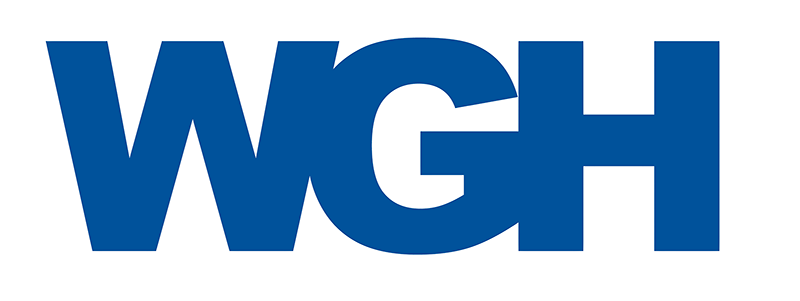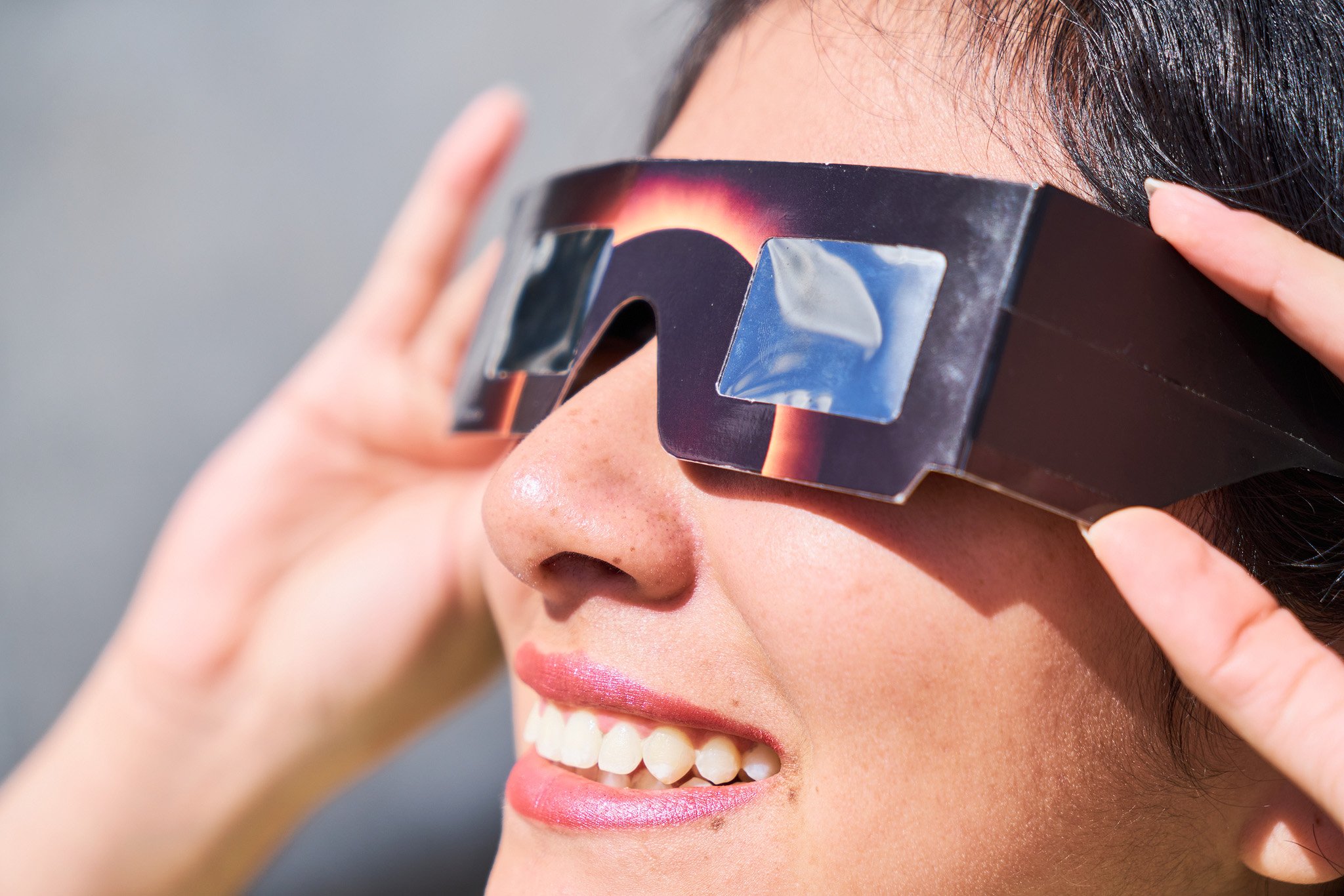Protecting Your Eyes: Understanding the Impact of Eclipses on Eye Health
Eclipses, whether they are solar or lunar, captivate our attention with their celestial beauty and rare occurrences. However, beyond their awe-inspiring spectacle, eclipses also pose potential risks to our eyes if not observed safely. As we marvel at these cosmic events, it's crucial to prioritize eye care and understand the impacts they can have on our vision.
Understanding Eye Care:
Before delving into the specifics of eclipse safety, it's important to emphasize the significance of regular eye care in our daily lives. Our eyes are incredibly complex organs, allowing us to perceive the world around us. Yet, they are also delicate and vulnerable to damage from various environmental factors.
Routine eye examinations, proper eye hygiene, and wearing appropriate eye protection are essential components of maintaining good eye health. Moreover, being mindful of activities that strain the eyes, such as prolonged screen time or exposure to harmful UV rays, can significantly contribute to preserving vision.
The Impact of Eclipses:
Eclipses occur when the Earth, moon, and sun align in specific ways, resulting in partial or complete obstruction of one celestial body by another. During a solar eclipse, the moon passes between the Earth and the sun, casting a shadow on the Earth's surface and blocking the sunlight. Conversely, a lunar eclipse occurs when the Earth comes between the sun and the moon, causing the Earth's shadow to cover the moon.
While witnessing an eclipse can be a breathtaking experience, observing it without adequate eye protection can lead to severe eye damage or even permanent vision loss. During a solar eclipse, the sun's intense rays remain as harmful as ever, despite being partially obscured. Staring directly at the sun, even for a short duration during an eclipse, can cause solar retinopathy—a condition characterized by damage to the retina due to exposure to solar radiation. There is no proven treatment or cure for solar retinopathy.
Moreover, the excitement surrounding eclipses may lead some individuals to attempt viewing them through improvised or insufficient eye protection, such as sunglasses, smoked glass, or homemade filters. However, these methods do not provide adequate protection against the sun's harmful rays and can still result in eye injury. There are very inexpensive viewing glasses readily available in many places. Protecting your eyes does not require a large investment.
Safe Viewing Practices:
To safeguard your eyes during an eclipse and enjoy the event safely, it's essential to follow recommended viewing practices:
1. Use certified solar viewing glasses: Invest in eclipse glasses or handheld solar viewers that meet international safety standards (ISO 12312-2). These specialized glasses are designed to block harmful ultraviolet, visible, and infrared radiation, allowing you to observe the eclipse without risking eye damage.
2. Use solar filters for telescopes and cameras: If you plan to photograph or observe the eclipse through a telescope or camera, ensure that you use appropriate solar filters specifically designed for these devices. Regular camera lenses or telescopes without proper filtration can magnify sunlight and cause irreversible harm to your eyes.
3. Seek alternative viewing methods: If solar viewing glasses or filters are unavailable, consider indirect viewing methods, such as pinhole projectors or solar viewing boxes. These devices allow you to safely observe the eclipse's progress without direct exposure to the sun's rays.
4. Educate others: Spread awareness about the importance of eye safety during eclipses and discourage unsafe viewing practices. Encourage friends, family members, and community members to prioritize eye protection and follow recommended guidelines.
As we anticipate the wonder of upcoming eclipses, let's remember to prioritize our eye health and safety. By understanding the potential risks posed by eclipses and adopting appropriate viewing practices, we can experience these celestial events without compromising our vision. Let's cherish the beauty of eclipses responsibly, ensuring that our eyes remain protected for the wonders yet to come.
If you have any questions about the health of your eyes or eye safety in general please contact our office at 814-726-2020 to schedule an appointment with one of our providers. Ophthalmologist Wendy Doneyhue, MD, and Optometrist Elizabeth Peterson, OD.



